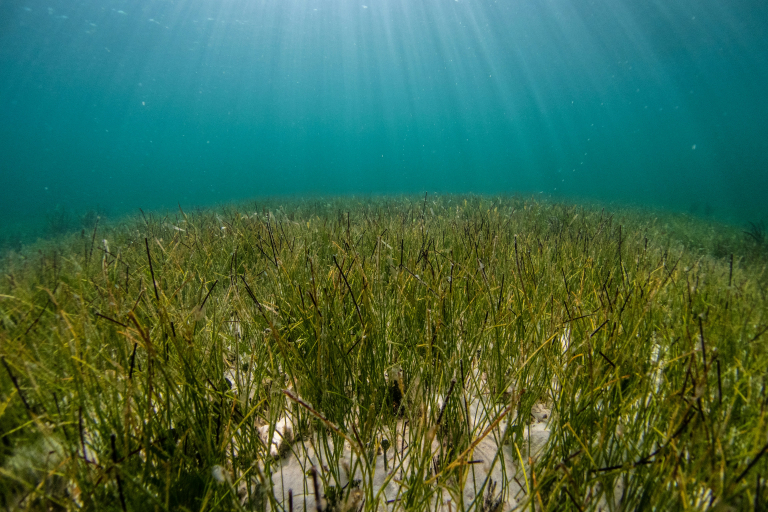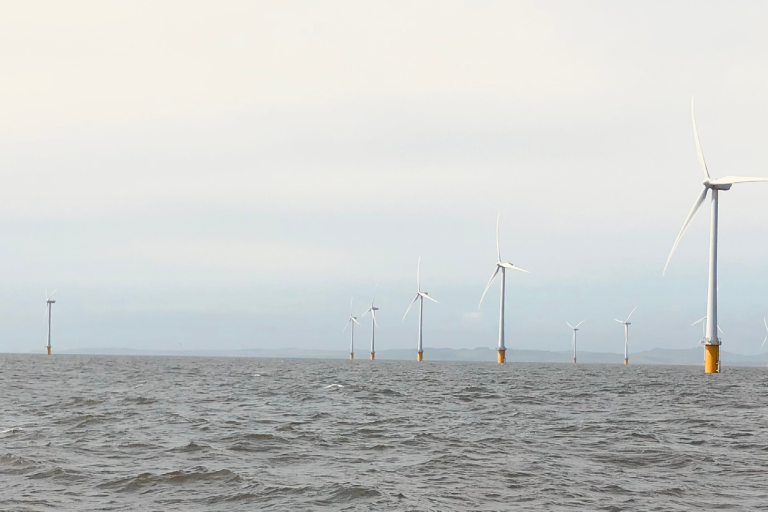Crown Estate Scotland has today launched a report which shows ways in which Scotland’s shellfish producers can access new markets and deliver lasting economic benefits for communities.
The report highlighted three areas that may offer opportunities for growth and diversification:
- UK retail and foodservice sectors
- The potential for nutritional pharmaceutical products
- Possible markets for carbon off-setting or other green investment opportunities
Among the key findings is that there is clear scope for the future growth and expansion of the Scottish shellfish sector, both in existing markets and in new areas such as carbon offsetting and green investment.
The sector can play a big role in supporting the economic development of Highland and island communities and in building Scotland’s blue economy.
The report builds on previous work by Crown Estate Scotland such as a study on critical mass for viable farmed mussel businesses, and future work is underway on possible opportunities for larger scale shellfish and seaweed farming operations in Scotland.
Alex Adrian, Head of Aquaculture for Crown Estate Scotland, said: “Scotland is known around the world for excellent food and drink and now more than ever we want to support Scottish producers. We know that shellfish farming provides huge potential and can form part of Scotland’s green economic recovery as a sustainable and low environmental impact product.
“The possibilities outlined in this report include food production as well as a host of potential markets for Scottish shellfish growers to tap in to. We know that diversification can be a key part of future proofing a sector, and this can help deliver real economic benefits to rural communities around Scotland.”
Dr Nick Lake, CEO of the Association of Scottish Shellfish Growers, said: "The Scottish shellfish cultivation industry continues to develop both the scale and quality of production based on available natural resources and rural enterprise. While traditionally supplying local markets, increasingly demand for such entirely natural products has been more widespread and seen new opportunities emerging which also complement the challenges of delivering climate change resilience.
“The sector has always been highly innovative in developing production in harmony with the natural marine environment and the new market opportunities which have been identified within this report clearly indicate that such an approach will continue to deliver benefits for businesses and the coastal communities."
The full report can be found here.











